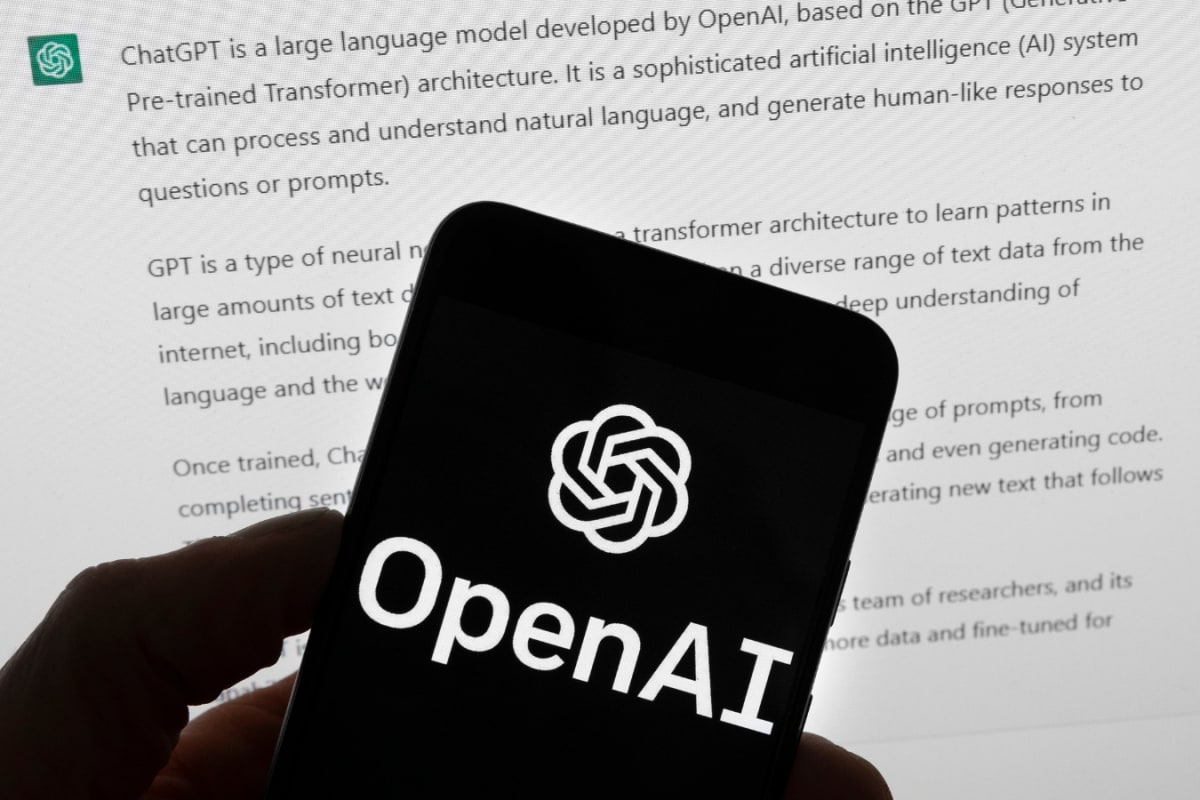

On Tuesday, June 10, 2025, users in India and across the globe experienced issues with accessing OpenAI's ChatGPT, with the company confirming problems for both mobile and web users. The outage impacted thousands, with India and the United States reporting the highest number of disruptions.
According to Downdetector, reports of ChatGPT outages surged around 2:45 PM IST in India, with over 500 users reporting issues. In India, a significant 82% of complaints were related to ChatGPT's core functionality, while 14% reported issues with the mobile application, and 4% cited problems with API integration. Users reported receiving error messages such as "Hmm… something seems to have gone wrong" and "A network error occurred. Please check your connection and try again".
The outage was not limited to India, as the United States also reported widespread issues. In the U.S., 93% of affected users encountered problems with ChatGPT's functionality, 6% faced app-related difficulties, and 1% reported trouble logging in.
OpenAI acknowledged the outage on its system status page, confirming that multiple services, including ChatGPT, its APIs, and Sora, were affected. The company stated that "Some users are experiencing elevated error rates and latency across the listed services (APIs, ChatGPT, and Sora). We are continuing to investigate this issue". However, OpenAI did not provide a timeline for resolution.
The outage sparked frustration among users, many of whom rely on ChatGPT for professional, academic, and personal use. Social media platforms saw a flurry of activity, with users sharing memes, voicing their frustration, and highlighting their growing reliance on AI tools.
Within an hour, some users reported that ChatGPT functionality was restored. However, access remained inconsistent across regions for a short time.
According to OpenAI, the outage was due to internal system issues, specifically a server-side component failure that triggered cascading errors. The disruption affected both free and paid users across multiple regions, with some lower-tier models functioning slowly while flagship models were unresponsive. OpenAI engineers identified the faulty component and implemented fixes, with services beginning to stabilize by early afternoon ET.